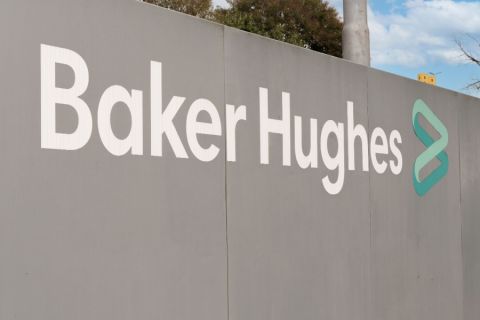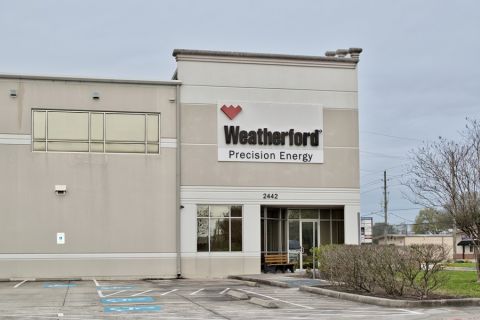West Texas Intermediate (WTI) to North Sea Brent $30-per-barrel crude spreads are a thing of the past, which mean tighter differentials for rail with trade closer to variable costs. Meanwhile, according to Travis Brock, vice president, commercial development and strategy, Strobel Starostka Transfer, market players will be prompted to rethink crude oil logistic methods in the U.S. to keep variable costs low to sustain healthy returns.
In response to this new logistics challenge, Brock told attendees at the Hart Energy Crude in Motion conference on October 30 that moving forward inevitable changes in the crude oil logistics market mean there will be new “structural price differentials” between the production and market areas, which will evolve as infrastructure is put in place for both pipeline and rail.
“To that point, production prices must drop to open the rail or pipeline arbs to incentivize midstream solutions to clear those volumes,” he continued. “My take on this going forward is that either the producers or the refiners are going to have to underwrite infrastructure to make it happen. They’ve got the most to gain through these types of solutions, and I think they’re the ones who will have to put the money out or make commitments to help pull it through.”
The initial disruption of historic price marker relationships with the Brent crude oil price spurred the building of domestic rail terminals as an interim solution for accessing landlocked reserves.
“In 2011, when the shale boom happened, Brent moved on with global pricing and Cushing turned into Hotel California: You can check in anytime you want but you can never leave,” according to Brock.
“The massive price-marker arbitrage that we’ve seen the last couple of years between WTI and Brent, which really financed the first round of crude-by-rail, made it easy to go spend thirty to fifty million to build a terminal. That time is over and we won’t be seeing that again. That restriction on Cushing has been solved with a pipeline solution.”
As a testament to ongoing eccentricities of shale play, Brock pointed out that within the past 100 days WTI and LLS (Louisiana Light Sweet) crude prices have dislocated from Brent. The Brent-LLS spread – which typically fluctuates in a negative $5 to $4 range – jumped as high as $8 in early October, begging the questions: Is this another paradigm change, and has Brent completely dislocated from the U.S. Gulf Coast?
Eventually, if the U.S. doesn’t need any light crude oil to come to the Gulf Coast, there’s no reason for Brent to be correlated with LLS going forward. “We may be seeing the very beginning of that,” Brock said.
As new opportunities for building supporting infrastructure materialize, Brock pointed out that the urgency to build rail terminals will likely be missing from the equation this time around, which should drive operating costs down in the long term. When the WTI-Brent spreads were wide, he said, companies hastened to build rail terminals in attempt to capture high margins while the arbitrage remained open, but now priorities have shifted.
“I think that in the future, because we don’t have that tailwind behind us, that we’re going to have a lot more focus on (rail terminal) efficiency, low costs and sustainability,” he added.
Recommended Reading
ProPetro Ups Share Repurchases by $100MM
2024-04-25 - ProPetro Holding Corp. is increasing its share repurchase program to a total of $200 million of common shares.
Baker Hughes Hikes Quarterly Dividend
2024-04-25 - Baker Hughes Co. increased its quarterly dividend by 11% year-over-year.
Weatherford M&A Efforts Focused on Integration, Not Scale
2024-04-25 - Services company Weatherford International executives are focused on making deals that, regardless of size or scale, can be integrated into the business, President and CEO Girish Saligram said.
Range Resources Holds Production Steady in 1Q 2024
2024-04-24 - NGLs are providing a boost for Range Resources as the company waits for natural gas demand to rebound.
Hess Midstream Increases Class A Distribution
2024-04-24 - Hess Midstream has increased its quarterly distribution per Class A share by approximately 45% since the first quarter of 2021.





